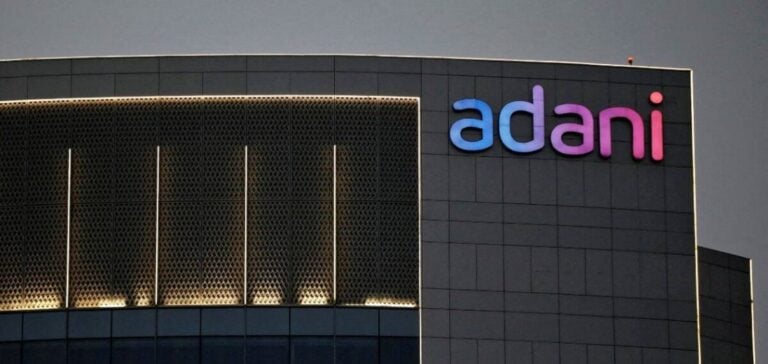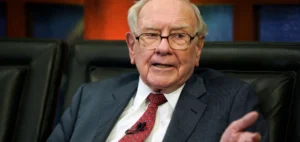The shares of the Adani group experienced a dramatic drop on Thursday at the Bombay Stock Exchange, following the corruption indictment of its Chairman and CEO, Gautam Adani, by U.S. authorities. The stock of the holding company, Adani Enterprises, fell by 10%, while its subsidiary, Adani Energy Solutions, saw its share price plummet nearly 20%.
Gautam Adani, 62, is accused of orchestrating $250 million in bribes to Indian officials. These funds allegedly secured contracts in the solar energy sector in India, sidelining American investors. The federal prosecutor’s office in Brooklyn, which is leading the investigation, clarified that Mr. Adani has not been arrested at this stage.
This case sheds light on the controversial practices of the Adani empire, which operates in sectors ranging from fossil fuels and infrastructure to media. For years, critics of Gautam Adani, including opposition parties and civil society groups in India, have denounced the close ties between the businessman and Prime Minister Narendra Modi.
An Empire Already Weakened by Scandals
In 2023, the Adani group had already been hit by serious allegations of financial fraud. Hindenburg Research, a U.S. investment firm, released a report accusing the company of stock manipulation and decades-long accounting fraud. These accusations led to a loss of over $150 billion in the group’s market value and a drastic decline in Gautam Adani’s personal wealth, estimated at $80 billion at the time.
While the group managed to recover part of these losses, the new indictment risks reigniting questions about the conglomerate’s governance and ethics. Jairam Ramesh, spokesperson for India’s main opposition party, the Congress, stated that the U.S. investigation “confirms suspicions of unfair practices.” He called for the establishment of a parliamentary commission to scrutinize the group’s activities.
Strategic Impact for Adani
The Adani group’s handling of this crisis will be crucial for its future. Known for its rapid expansion in strategic sectors such as energy, infrastructure, and ports, the company risks losing its standing on the international stage.
This indictment raises questions about the growth strategy adopted by Gautam Adani, which relied on strong political connections and rapid diversification. While these elements allowed the group to become a key player in the Indian economy, they now expose the company to criticism over its governance and integrity.
Investors are closely monitoring the group’s response to this latest challenge. Any decision made in the coming days could have significant consequences for the Adani group’s credibility, both in India and internationally.






















